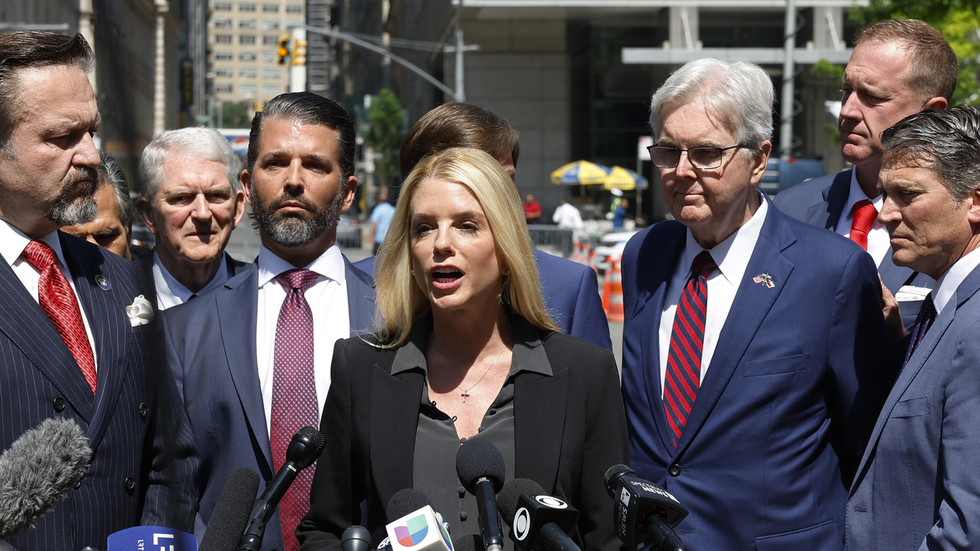Iran's Foreign Ministry and the Atomic Energy Organization of Iran (AEOI) issued a joint statement early Friday, announcing the activation of "a substantial number of advanced centrifuges of various models."
The statement emphasized that the move is a defensive measure to protect Iran's national interests and address its increasing need for a civilian nuclear program, in line with its obligations under the Comprehensive Safeguards Agreement.
The action follows a resolution passed by the International Atomic Energy Agency (IAEA) Board of Governors, which accused Tehran of inadequate cooperation and called for a "comprehensive" report on its nuclear activities by spring 2025.
The resolution passed with 19 votes in favor, three against, and 12 abstentions.
Iran described the resolution as a "non-consensus" measure driven by the "pressure and insistence" of the US, UK, France and Germany, despite lacking support from nearly half of the 35-member Board of Governors.
"The actions of the three European nations and the United States—countries with a documented history of reneging on their commitments, including under the Joint Comprehensive Plan of Action (JCPOA), and resorting to unlawful sanctions and pressures against the Iranian nation—are both confrontational and unjustifiable," the statement read.
It criticized the resolution as "politically motivated" and warned it undermines the constructive atmosphere fostered during IAEA Director General Rafael Grossi's recent visit to Tehran.
"This politicized and destructive measure undermines the positive momentum achieved between Iran and the Agency and blatantly contradicts the professed commitment of the three European nations and the United States to preserving the integrity and impartiality of the IAEA. It lays bare their use of the nuclear issue as a pretext to advance illegitimate objectives," the statement added.
Despite its condemnation of the resolution, Iran reaffirmed its commitment to cooperating with the IAEA within the framework of the Safeguards Agreement.
"The principled policy of the I.R. of Iran has consistently been to engage constructively with the International Atomic Energy Agency (IAEA) within the framework of rights and obligations enshrined in the Treaty on the NPT and the Comprehensive Safeguards Agreement," it said.
Iran signed the JCPOA in 2015, proving the peaceful intent of its nuclear program to six world powers. However, the deal has been in jeopardy since the United States unilaterally withdrew in 2018 and reimposed sanctions on Tehran.
In response to unmet commitments by other signatories, Iran began rolling back its JCPOA obligations in 2019.

 By Tasnim News (Politics) | Created at 2024-11-22 10:42:29 | Updated at 2024-11-28 06:44:08
5 days ago
By Tasnim News (Politics) | Created at 2024-11-22 10:42:29 | Updated at 2024-11-28 06:44:08
5 days ago






